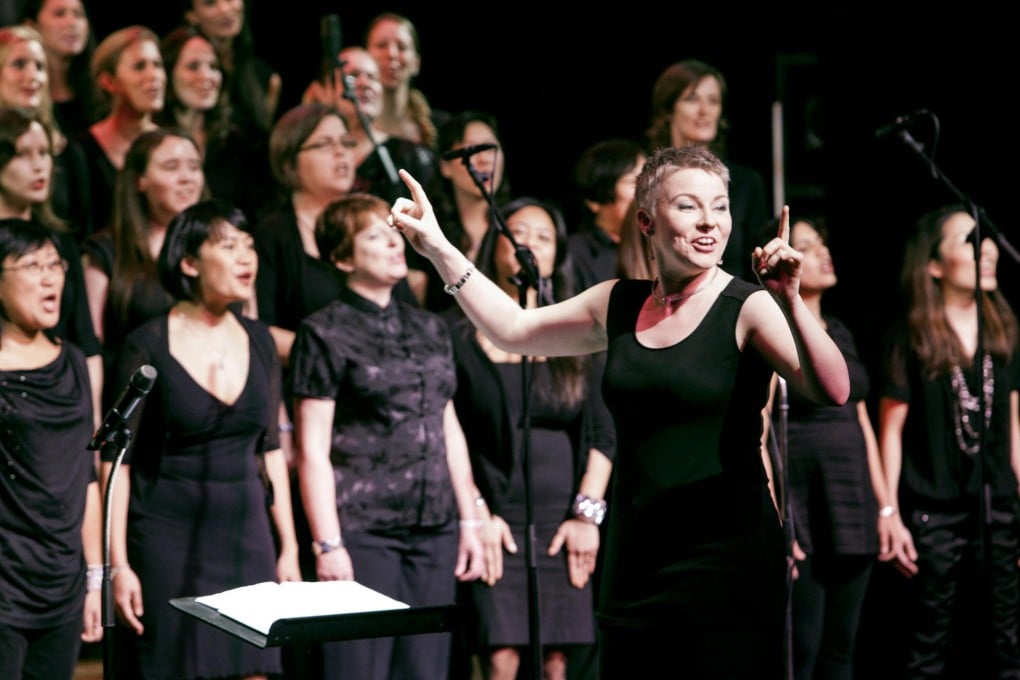Why singing in a choir is so good for you
Performing offers many emotional, physical and social benefits, say local choristers

Creative self-expression is an innate desire and a reason why performing arts are an important part of a well-rounded education. In the case of choir practice, there are also physical benefits.
Jane Engelmann, head of performing arts at The Peak School, grew up in a musical family. "It was a noisy household. I was in the church choir, the school choir, the school orchestra, drama group. Any chance to get on stage, I'd be there."
She says the benefits of singing are scientifically proven. "It's good for you emotionally, physically and socially. It's a great workout for your lungs, heart and circulation."
The list goes on: improving sleep, toning facial muscles, improving posture, opening sinuses, releasing endorphins, boosting the immune system, reducing anger and anxiety, increasing self-esteem, reducing stress, promoting bonding.
"Singing in choirs is a forum for sharing, laughter and fun. And it provides a safe environment to try new skills," Engelmann says, and adds that the chance to sing can be a big drawcard for "reluctant students". "Singing is very important for children; an inclusive activity whereby all children can be equal and connected. And it's a fun way to spend an hour or so at school; those who might struggle with the more academic or theoretical aspects of learning can find that the pressure is off. There's no competition when having a sing-song at school."
There are other benefits at school, too.